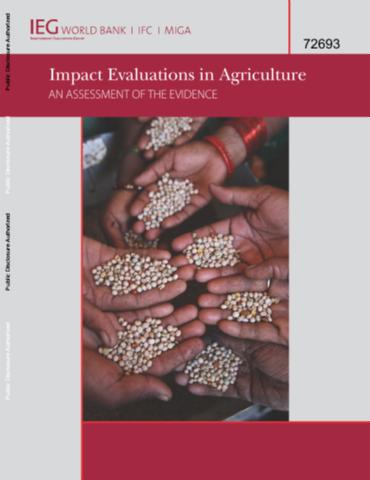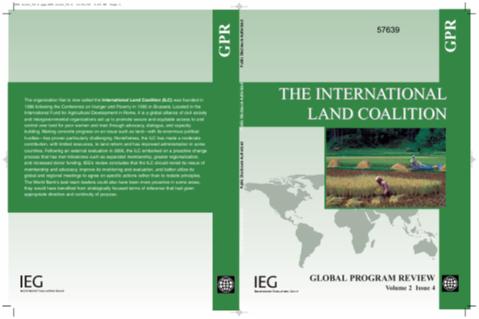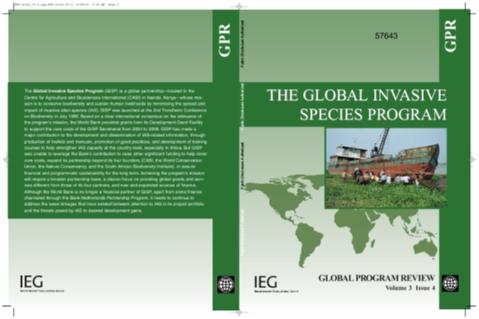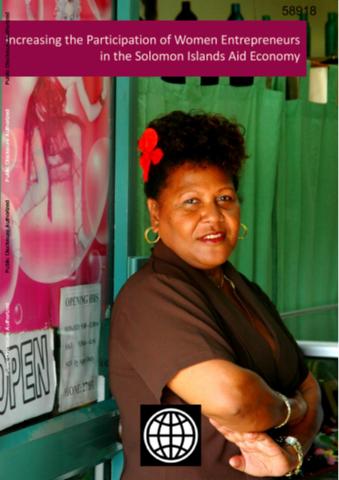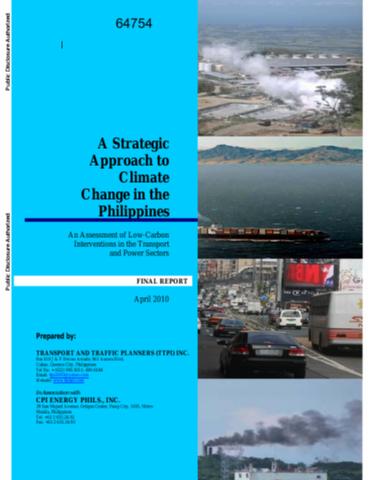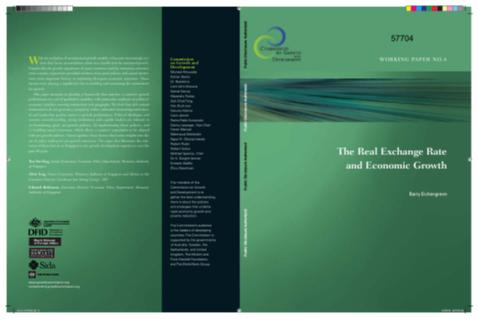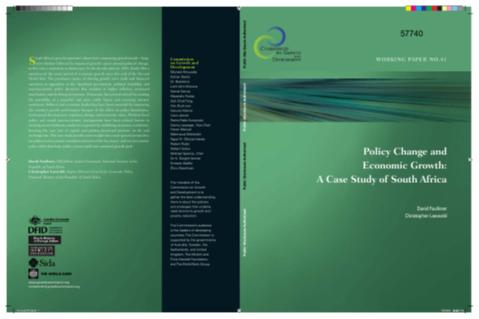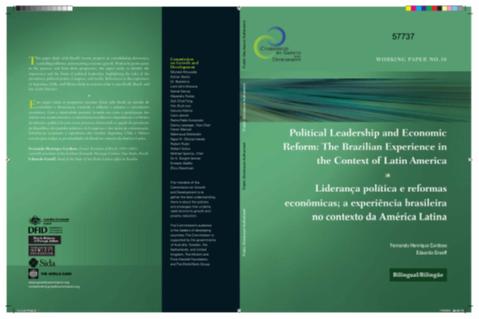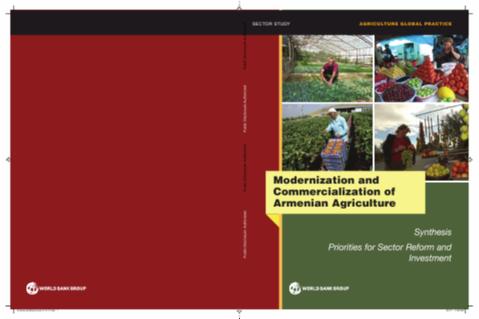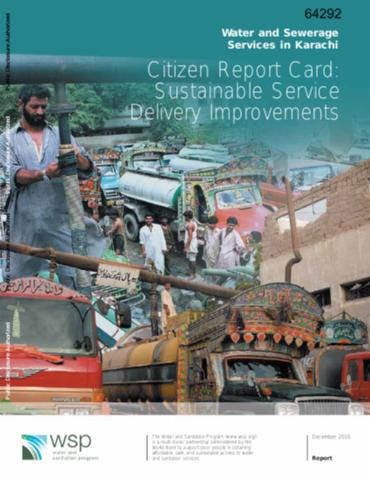
Topics and Regions
Details
Location
Contributions
Displaying 101 - 110 of 630Impact Evaluations in Agriculture
This report seizes the opportunity to learn from existing evidence by analyzing lessons derived from impact evaluations produced between 2000 and January 2009 to begin to discern what has been effective in agriculture. It is part of a broader effort being undertaken by the Independent Evaluation Group (IEG) of the World Bank to understand how impact evaluations can help improve performance and broadly disseminate those lessons.
The International Land Coalition
The organization, which is now called the International Land Coalition (ILC), was established on January 1, 1996, on the recommendation of the conference on hunger and poverty convened by the International Fund for Agricultural Development (IFAD) in 1995. At first, the organization was called the popular coalition to eradicate hunger and poverty. The ILC itself was formally constituted and launched along with its new name in February 2003.
The Global Invasive Species Program
The Global Invasive Species Program (GISP) is an independent, not-for-profit association whose mission is to conserve biodiversity and sustain human livelihoods by minimizing the spread and impact of invasive alien species (IAS) and which is presently located in the Centre for Agriculture and Biosciences International (CABI) in Nairobi, Kenya. Its current membership is limited to the four founding members of GISP.
Increasing the Participation of Women Entrepreneurs in the Solomon Islands Aid Economy
International aid flows are equivalent to almost half of Solomon Islands' economy, making it one of the most aid-dependent countries in the world. Around US$250 million of non-military aid enters the country, but only 15-20 percent of this amount is spent locally through local procurement or staff expenditure. Solomon Islands are currently highly reliant on logging for export receipts, Government revenues, and employment. But existing stocks of natural forest logs are expected to be entirely exhausted by 2014.
A Strategic Approach to Climate Change in the Philippines
Globally, the Philippines is a minor emitter of greenhouse gases (GHGs), but cost-effective mitigation present opportunities that should be captured, noting that the country is one of the signatory member states to the 1992 United Nations Framework Convention on Climate Change (UNFCCC) and its Kyoto Protocol. The country accounts for less than 0.3 percent of global GHG emissions in 2004.4 However, emissions are on the rise from both energy-use and land-use changes.
The Real Exchange Rate and Economic Growth
The real exchange rate was not at the center of the first generation of neoclassical growth models, nor was it prominent among the policy prescriptions that flowed from those models. Recent analyses, in contrast, have paid it more attention. This paper analyzes the role of the real exchange rate in the growth process, the channels through which the real exchange rate influences other variables, and policies useful (and not useful) for governing the real rate. An appendix provides econometric evidence supportive of the emphases in the text.
Policy Change and Economic Growth
South Africa's growth experience provides an example of how contrasting growth trends long-term decline followed by improved growth pivot around political change, in this case a transition to democracy. In the decade prior to 1994, South Africa experienced the worst period of economic growth since the end of the Second World War, with growth variable and declining.
Political Leadership and Economic Reform
Brazil grew 2.4 percent per year on average in the last 25 years-somewhat less than Latin America, a good deal less than the world, far less than the emerging countries of Asia in the same period, and indeed far less than Brazil itself in previous decades. If anything stands out favorably in recent Brazilian experience, it is not growth but stabilization and the successful opening of the economy. The purpose of this paper is more modest.
Modernization and Commercialization of Armenian Agriculture
The study focuses on themes and areas that have been identified as highly relevant for the modernization and commercialization of the agriculture sector. The study originally aimed to review: agricultural marketing, processing and exports; food safety; agricultural “cooperation,” including farmers’ groups; agricultural extension and agricultural insurance.
Water and Sewerage Services in Karachi
This report discusses the key findings and recommendations emerging from a pilot Citizen Report Card (CRC) on water, sanitation, and sewerage services in Karachi. This initiative comes, on one hand, in the wake of deteriorating services, weakened community interfaces and accountability structures, poor revenue generation and dysfunctional governance structures and, on the other, an emergent consensus to bring in far-reaching institutional reforms that should move beyond financial and technical imperatives.

